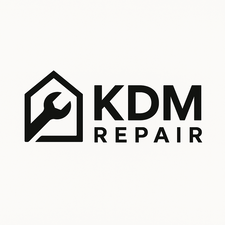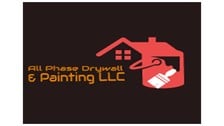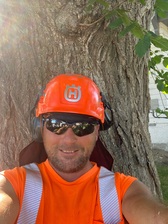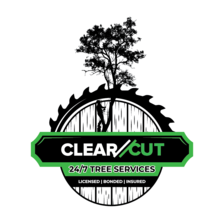
Get matched with top gas log pros in Erhard, MN
Enter your zip and get matched with up to 5 pros
Need a pro for your gas log service project in Erhard, MN?
Verified Reviews for Gas Log Service pros in Erhard, MN
*The Angi rating for Gas Log Service companies in Erhard, MN is a rating based on verified reviews from our community of homeowners who have used these pros to meet their Gas Log Service needs.
*The HomeAdvisor rating for Gas Log Service companies in Erhard, MN is a rating based on verified reviews from our community of homeowners who have used these pros to meet their Gas Log Service needs.
Last update on January 18, 2026
Find Gas log pros in Erhard

AppliancePartsPros.com
AppliancePartsPros.com
Since 1999, we've helped millions of do-it-yourselfers save money and fix their broken appliances quickly by providing quality appliance parts and free repair advice. We are only an online appliance parts retailer that offers a 365 day warranty and fast shipping. We also offer technical advice and diagnosis totally free 6 days a week. If you are interested in repairing your own appliance, please call us at 1-877-477-7278 or click live chat on our web site. We will help diagnose the problem and provide you with all the necessary information for the repair free of charge. It's better with the Pros!™ Avoid costly service calls - visit us at http://www.appliancepartspros.com
"Beware of shipping issues with this company. Ordered an ice maker installation kit on 10/10/25. Shipping was due no later than 10/20 according to company and FedEx tracking. FedEx tracking showed the package at their facility for 8 days without moving beginning on 10/15. Called FedEx 3 times. Each time they said they cannot find package and I have to contact shipper. Shipper has to make a claim, they will not mark it as lost. Called Appliance Parts Pros twice. Each time they say FedEx has to mark package lost before they will do anything. They also state they have to wait 14 days from them before doing anything because of their contract with FedEx. I don't care about their contract, I want what was ordered and paid for. Just going in circles with them and FedEX. If they shipped after 14 days it would be 22 days from that point, 32 days from the date of order if they shipped it that day. There was a deadline for installing this part before tenants arrive. They did not care, would not m"
Ron R on October 2025
Since 1999, we've helped millions of do-it-yourselfers save money and fix their broken appliances quickly by providing quality appliance parts and free repair advice. We are only an online appliance parts retailer that offers a 365 day warranty and fast shipping. We also offer technical advice and diagnosis totally free 6 days a week. If you are interested in repairing your own appliance, please call us at 1-877-477-7278 or click live chat on our web site. We will help diagnose the problem and provide you with all the necessary information for the repair free of charge. It's better with the Pros!™ Avoid costly service calls - visit us at http://www.appliancepartspros.com
"Beware of shipping issues with this company. Ordered an ice maker installation kit on 10/10/25. Shipping was due no later than 10/20 according to company and FedEx tracking. FedEx tracking showed the package at their facility for 8 days without moving beginning on 10/15. Called FedEx 3 times. Each time they said they cannot find package and I have to contact shipper. Shipper has to make a claim, they will not mark it as lost. Called Appliance Parts Pros twice. Each time they say FedEx has to mark package lost before they will do anything. They also state they have to wait 14 days from them before doing anything because of their contract with FedEx. I don't care about their contract, I want what was ordered and paid for. Just going in circles with them and FedEX. If they shipped after 14 days it would be 22 days from that point, 32 days from the date of order if they shipped it that day. There was a deadline for installing this part before tenants arrive. They did not care, would not m"
Ron R on October 2025
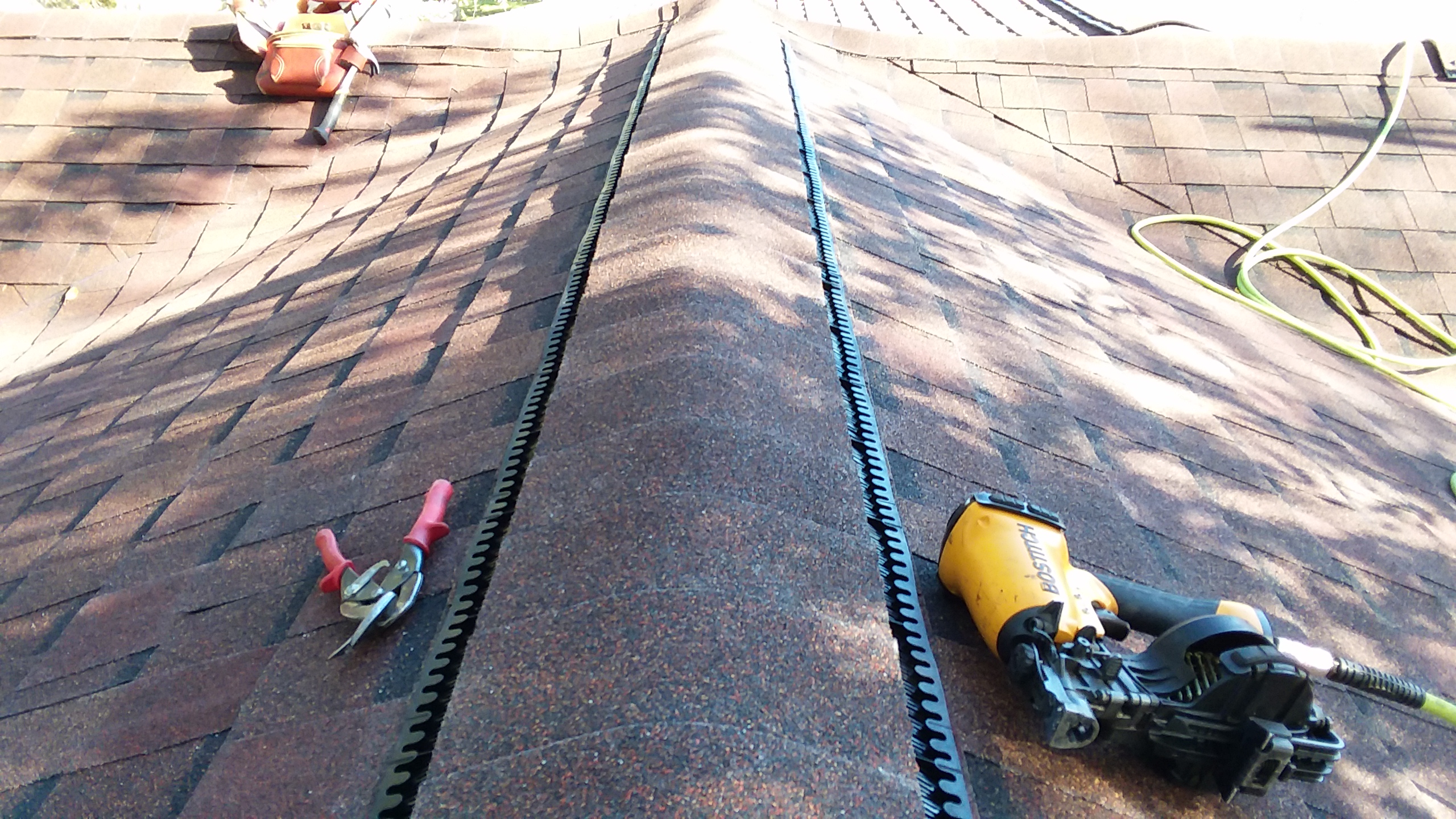
Asset Roofing
Asset Roofing
ND Lic #40839 - MN Lic #RR782465 - At Asset Services, LLC we take great pride in our experience, expertise, quality and customer service that we provide to meet the consumer’s roofing needs. It is our mission to provide excellent roofing workmanship and complete customer satisfaction from start to completion of a project. In order to understand the needs and expectations of our customers, we take great care to work and communicate with every customer in a professional manner. Our reputation is based on service, safety and quality, regardless of how large or small the job.
"Great company to work with on roof replacement."
Myron B on October 2023
ND Lic #40839 - MN Lic #RR782465 - At Asset Services, LLC we take great pride in our experience, expertise, quality and customer service that we provide to meet the consumer’s roofing needs. It is our mission to provide excellent roofing workmanship and complete customer satisfaction from start to completion of a project. In order to understand the needs and expectations of our customers, we take great care to work and communicate with every customer in a professional manner. Our reputation is based on service, safety and quality, regardless of how large or small the job.
"Great company to work with on roof replacement."
Myron B on October 2023
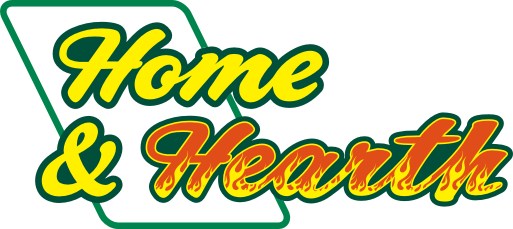
Home and Hearth
Home and Hearth
Additional email - [email protected].
"Friendly, knowledgeable service representative"
Karen L on January 2018
Additional email - [email protected].
"Friendly, knowledgeable service representative"
Karen L on January 2018
Simmons Tree and Landscape
Simmons Tree and Landscape
Simmons Tree and Landscape is a newly established family owned and operated business as of 2015. I have 16 years experience in tree care, we strive to make sure the home owner is satisfied with the quality of care we provide for their trees, in keeping them healthy, safe, and growing for years to come.
"My brand new shed had roof damage after Curt and his crew dropped trees above my shed. Curt claimed that my brand new shed was already damaged when they arrived but he conveniently “forgot” to take pictures. He became very rude with me and even accused me of knowing about the damage ahead of time and that I was just trying to pin it on them. DO NOT HIRE!!!!!!!!!!!!!"
Mary H on October 2024
Simmons Tree and Landscape is a newly established family owned and operated business as of 2015. I have 16 years experience in tree care, we strive to make sure the home owner is satisfied with the quality of care we provide for their trees, in keeping them healthy, safe, and growing for years to come.
"My brand new shed had roof damage after Curt and his crew dropped trees above my shed. Curt claimed that my brand new shed was already damaged when they arrived but he conveniently “forgot” to take pictures. He became very rude with me and even accused me of knowing about the damage ahead of time and that I was just trying to pin it on them. DO NOT HIRE!!!!!!!!!!!!!"
Mary H on October 2024
CJ's Chimney Sweep and Home Improvement
CJ's Chimney Sweep and Home Improvement
CJ's Chimney Sweep has been in business for over 25 years. We are licensed, bonded and insured.
CJ's Chimney Sweep has been in business for over 25 years. We are licensed, bonded and insured.
Dan Richter Construction LLC
Dan Richter Construction LLC
We are a full service General Contractor building new custom homes and garages, and remodels. We also build to your plans or ours. We will also do small jobs and subcontracting to other contractors for the do-it-yourself homeowner/contractor.
We are a full service General Contractor building new custom homes and garages, and remodels. We also build to your plans or ours. We will also do small jobs and subcontracting to other contractors for the do-it-yourself homeowner/contractor.
Expert Building Services
Expert Building Services
Expert Building Services provides free estimates for remodeling homes and buildings in the Itasca County area. John Schirber returns calls promptly and sets up house calls at the convenience of our customers. Once we discover the priorities, we collaborate with the owner to complete their wish list. We specialize in handicapped accessible homes. Are you looking for a bathroom or kitchen remodel? Maybe you need a new roof, siding or windows? John and Linda strive to give 110% to every customer. We are eager to meet you on your building site and begin to prepare a proposal for your approval. Additional contact name - Cassidy Hammer. Additional email - [email protected].
"This is the second job, John, Daryll, and company have done for us. I like the way they respect our home and take extra steps to keep the job as clean and neat as possible. They have skills that make them perfect for remodel jobs on older homes as well as newer homes. They provide the best "bang for the buck" if you wish to hire pros. And since I myself do not possess the necessary talents to do such fine work, I'm glad they're nearby."
DANIEL D on August 2020
Expert Building Services provides free estimates for remodeling homes and buildings in the Itasca County area. John Schirber returns calls promptly and sets up house calls at the convenience of our customers. Once we discover the priorities, we collaborate with the owner to complete their wish list. We specialize in handicapped accessible homes. Are you looking for a bathroom or kitchen remodel? Maybe you need a new roof, siding or windows? John and Linda strive to give 110% to every customer. We are eager to meet you on your building site and begin to prepare a proposal for your approval. Additional contact name - Cassidy Hammer. Additional email - [email protected].
"This is the second job, John, Daryll, and company have done for us. I like the way they respect our home and take extra steps to keep the job as clean and neat as possible. They have skills that make them perfect for remodel jobs on older homes as well as newer homes. They provide the best "bang for the buck" if you wish to hire pros. And since I myself do not possess the necessary talents to do such fine work, I'm glad they're nearby."
DANIEL D on August 2020
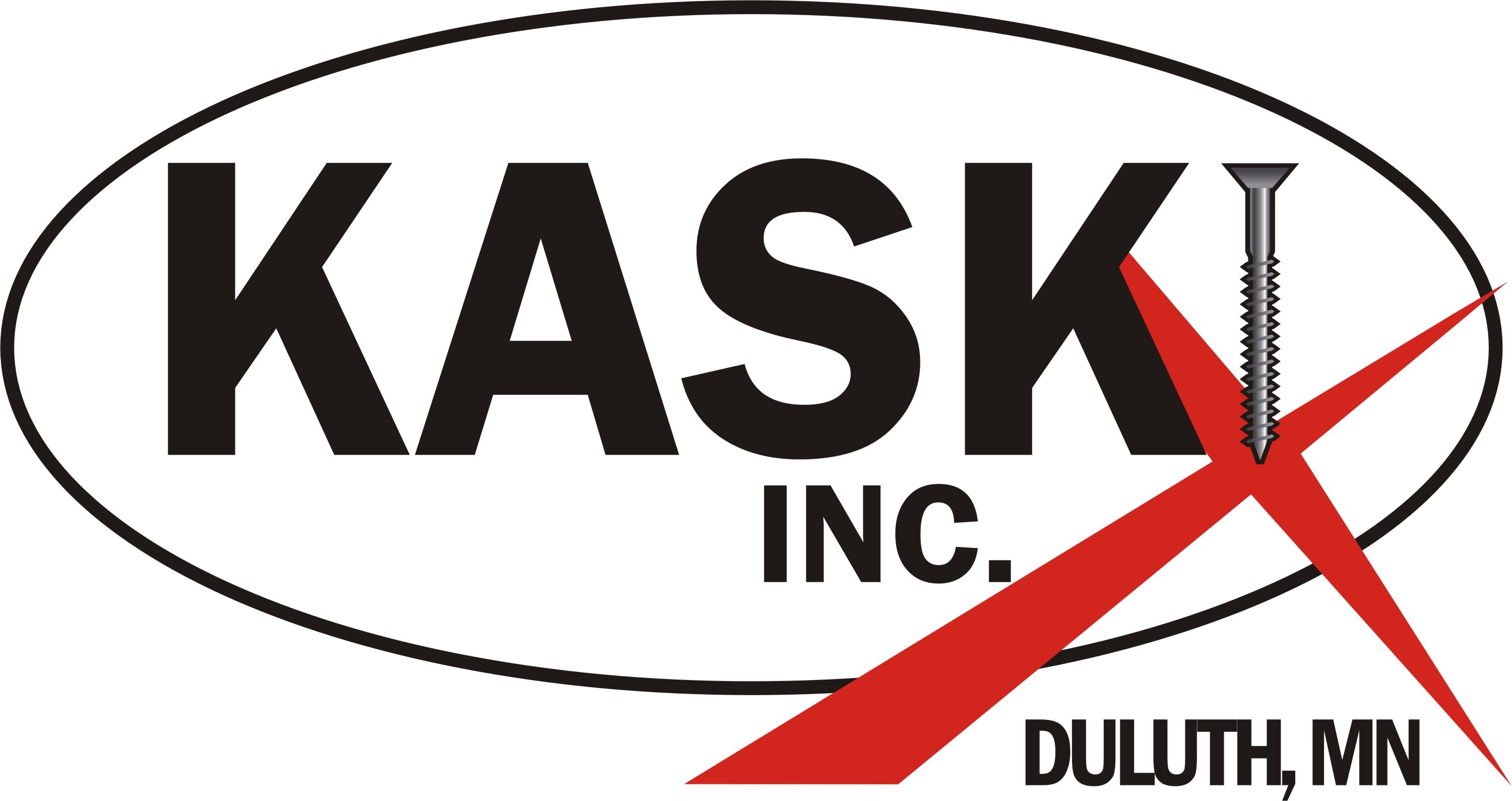
Kaski Inc
Kaski Inc
Kaski Inc. providing the “precision that you can depend on" on all of your residential and commercial needs.
Kaski Inc. providing the “precision that you can depend on" on all of your residential and commercial needs.
Lindula's Concrete & Masonry & Landscaping L L C
Lindula's Concrete & Masonry & Landscaping L L C
i have been in the trade for 30 years and i still find that it makes me happy. there's just three of us but we get it done. just knowing that when i get a job and get it done the feeling of making mine or are customer satisfied with a job will done is rewarding. i put alot of pride in my work and no job is to big or small we do them all. look forward to working with you in the furture.
i have been in the trade for 30 years and i still find that it makes me happy. there's just three of us but we get it done. just knowing that when i get a job and get it done the feeling of making mine or are customer satisfied with a job will done is rewarding. i put alot of pride in my work and no job is to big or small we do them all. look forward to working with you in the furture.
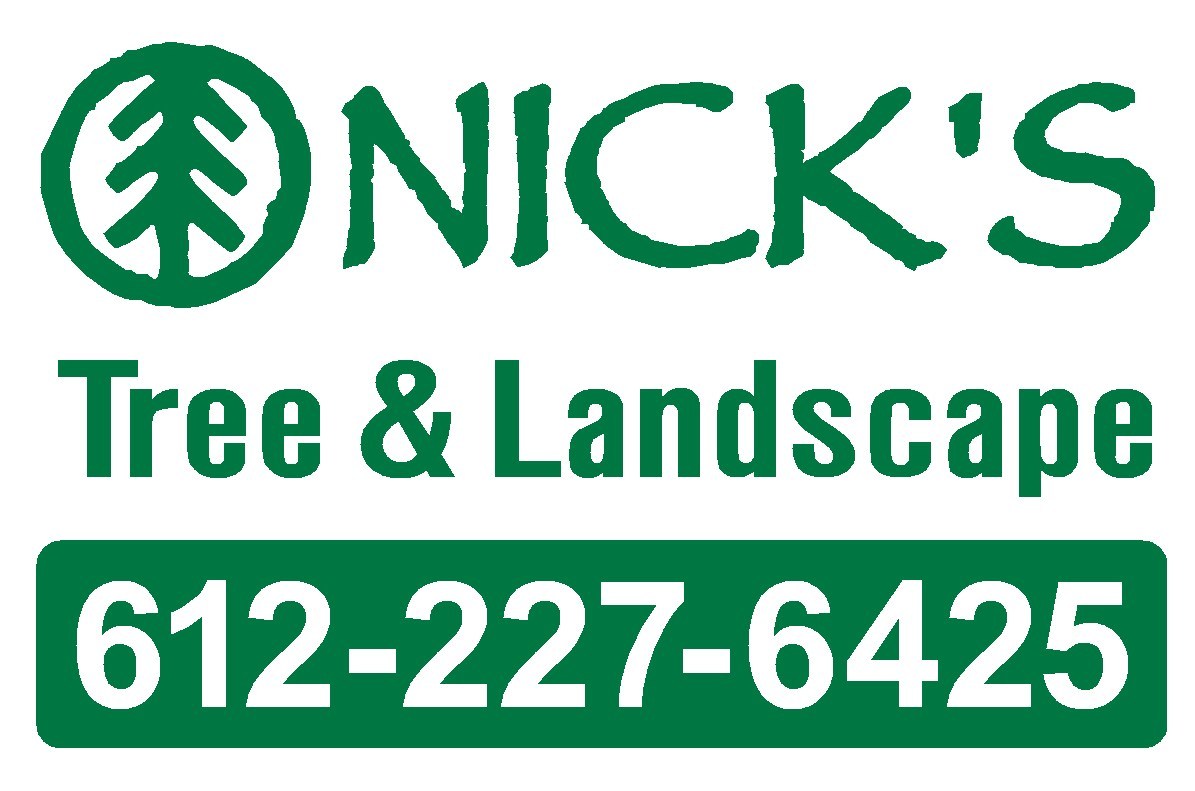
Nick's Tree & Landscape
Nick's Tree & Landscape
We are a professional company that will not let you down on any of your landscaping needs. At Nicks Tree and Landscape We have only the best well trained staff to get the job done the correct way. One call can do it all. check out our website at www.Nickstree.com for more info.
We are a professional company that will not let you down on any of your landscaping needs. At Nicks Tree and Landscape We have only the best well trained staff to get the job done the correct way. One call can do it all. check out our website at www.Nickstree.com for more info.
The homeowners guide to home care is here
From average costs to expert advice, get all the answers you need to get your job done.

If your refrigerator has been damaged, refrigerator door dent repair cost will vary based on the imperfection's size, depth, and location. Use our guide to estimate how much you'll spend on refrigerator dent repair.
 •
•Discover the cost to install washer and dryer hookups. Learn about price factors, labor, materials, and tips to save on your laundry room project.

Garbage disposals last five to 10 years, and replacement is preferred over repairs. Here’s everything you need to know about replacing your garbage disposal.

Gas stoves are the center of many meals, and when they break down, homeowners are left scrambling. Find out who you can call to fix your gas stove.

Calibrating your oven is usually a simple task you can do in less than an hour. Read here to learn how, no matter what type of oven you have.

Keep standing water and water damage from a clogged laundry drain at bay with this guide. Follow these steps for how to unclog a washer drain.
- Cabinet Makers in Erhard
- Siding in Erhard
- Roof Ice And Snow Removal in Erhard
- Tree Service in Erhard
- Insulation in Erhard
- Masonry in Erhard
- Pressure Washing in Erhard
- Plumbing in Erhard
- Roofing in Erhard
- Electrical in Erhard
- Kitchen And Bath Remodeling in Erhard
- Tree Service in Erhard
- Pest Control in Erhard
- Flooring in Erhard
- Siding in Erhard
- Moving in Erhard
- Garage Doors in Erhard
- Lawn And Yard Work in Erhard
- Landscaping in Erhard
- Concrete Repair in Erhard
- Fencing in Erhard
- Insulation in Erhard
- Windows in Erhard
- Garbage Collection in Erhard
- Exterior Painting in Erhard
- Handyman Service in Erhard
- Foundation Repair in Erhard
- Gutter Cleaning in Erhard
- Carpet Cleaning in Erhard
- Concrete Driveways in Erhard
- 🌱 "Mow a small front yard"
- 🛠 "Fix a leaking pipe under the sink"
- 🏠 "Repair shingles on an asphalt roof"
